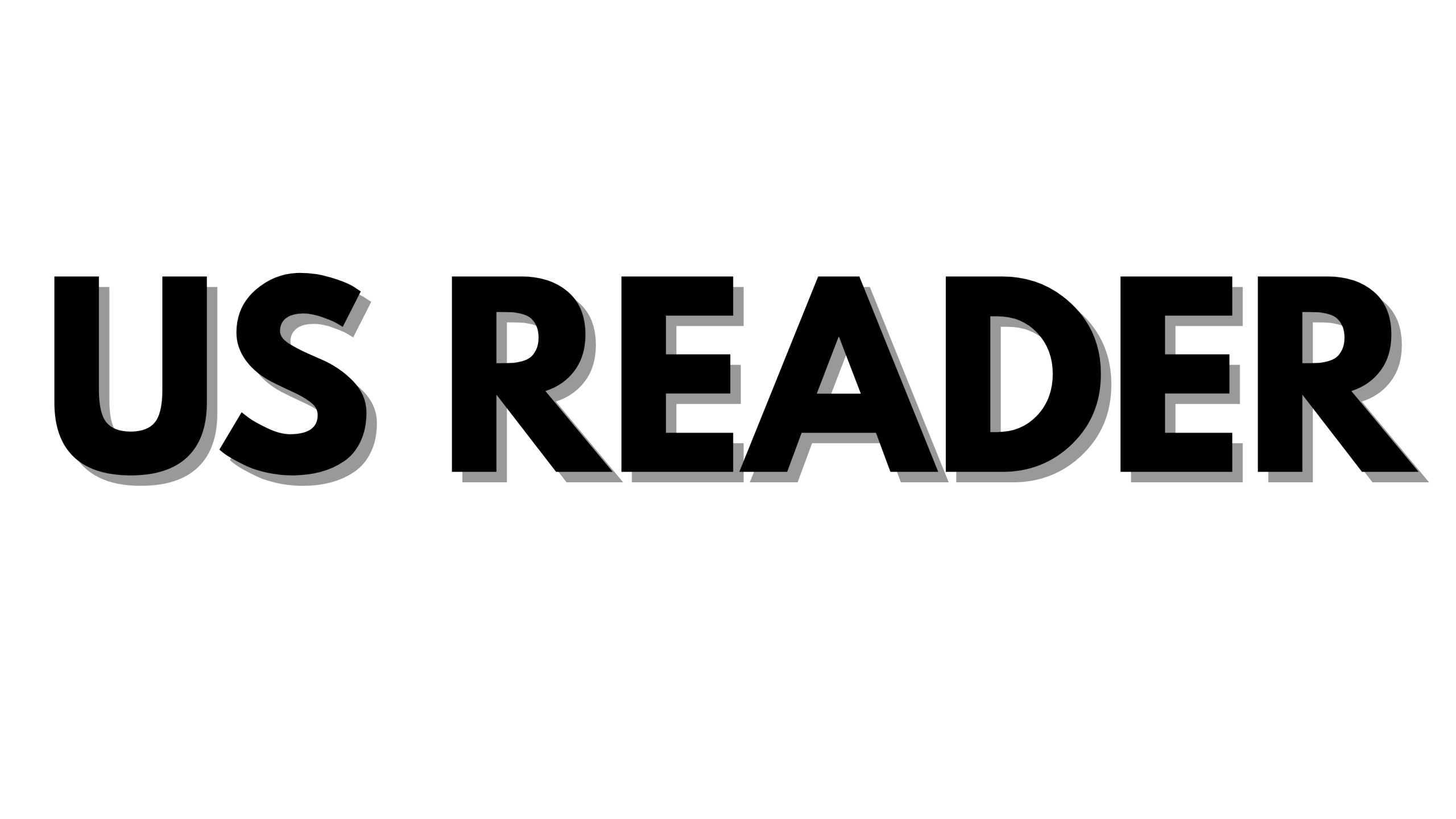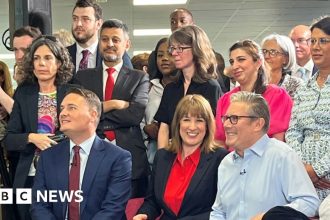In a significant warning issued in late May, Dario Amodei, the CEO of Anthropic, suggested that artificial intelligence could lead to the elimination of half of all entry-level positions within the next five years, potentially driving U.S. unemployment rates to as high as 20%. Amodei’s predictions are echoed by a growing number of CEOs expressing similar concerns about the sweeping effects of AI on the workforce, making these dismal forecasts a competitive topic among corporate leaders.
Many of these apprehensions were voiced before Amodei’s remarks. For instance, during JPMorgan’s annual investor day held earlier in May, Marianne Lake, the head of consumer banking, estimated that AI advancements could facilitate a 10% reduction in the workforce. Since then, such warnings have intensified. In a recent communication, Amazon’s Andy Jassy advised employees to brace for a leaner workforce as we navigate what he termed a “once-in-a-lifetime” technological transformation. Adding to the chorus, ThredUp’s CEO remarked at a conference that AI could eliminate “way more jobs than the average person thinks.”
Ford’s Jim Farley made perhaps the most alarming statement yet, asserting that AI could “literally replace half of all white-collar workers in the U.S.” This marks a stark departure from the earlier, more measured comments made by leaders about job displacement, as noted by the Wall Street Journal. While some figures in the tech sector, particularly from influential AI firms, have downplayed these concerns, the succession of urgent warnings points to likely significant restructuring in the workforce ahead, regardless of public readiness.












